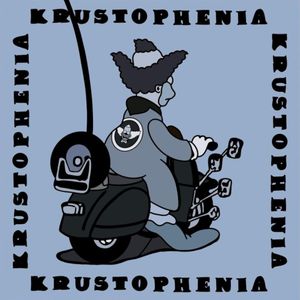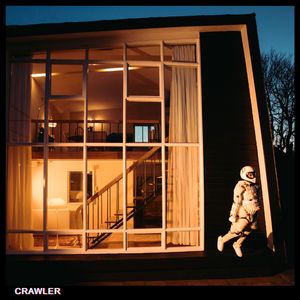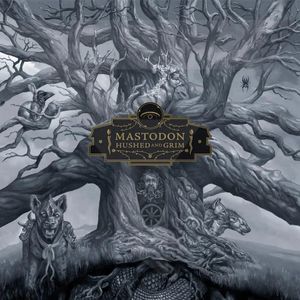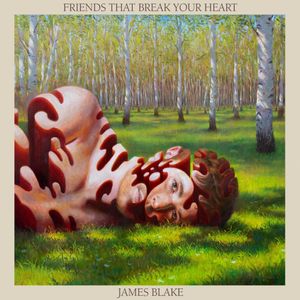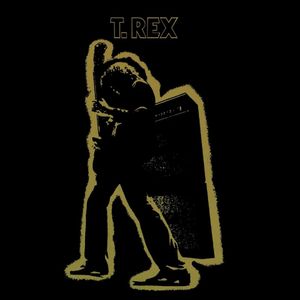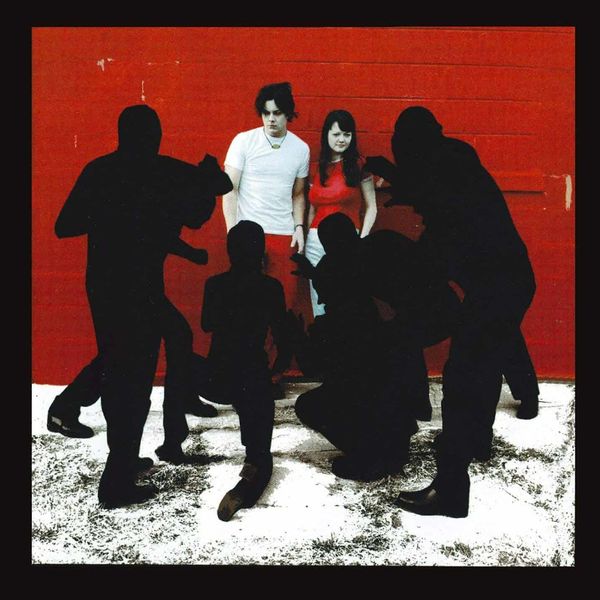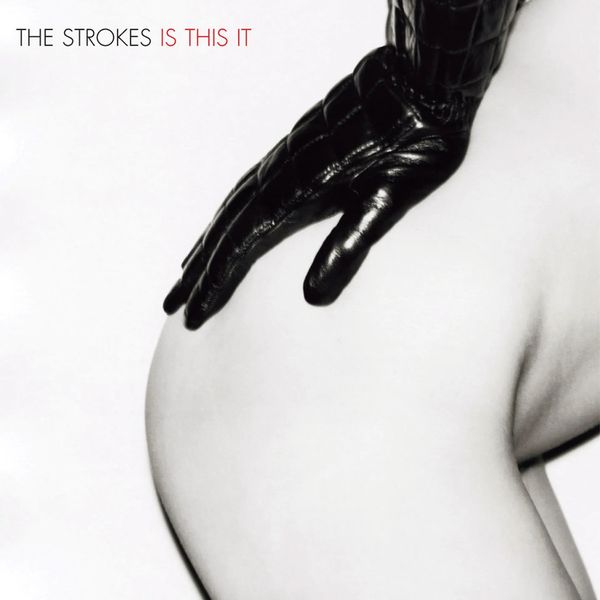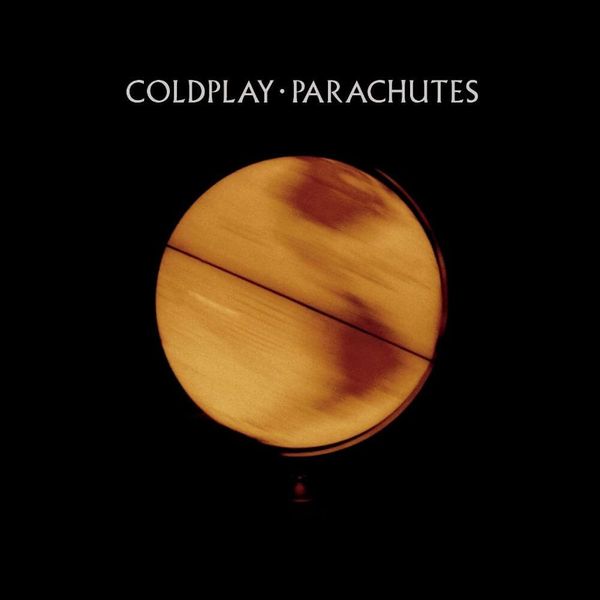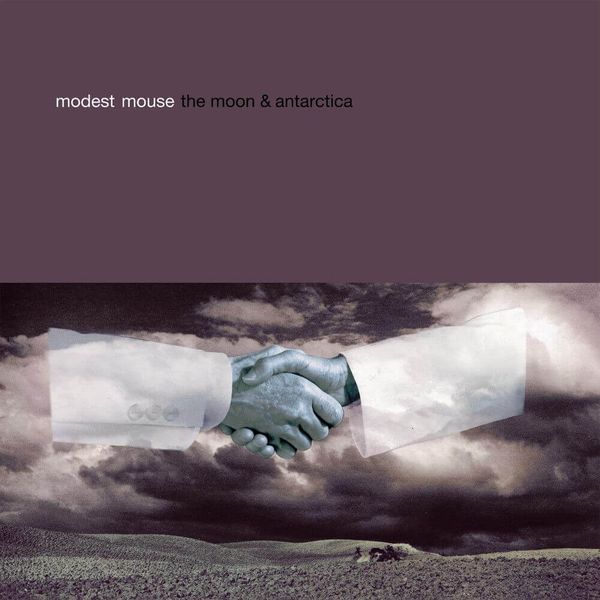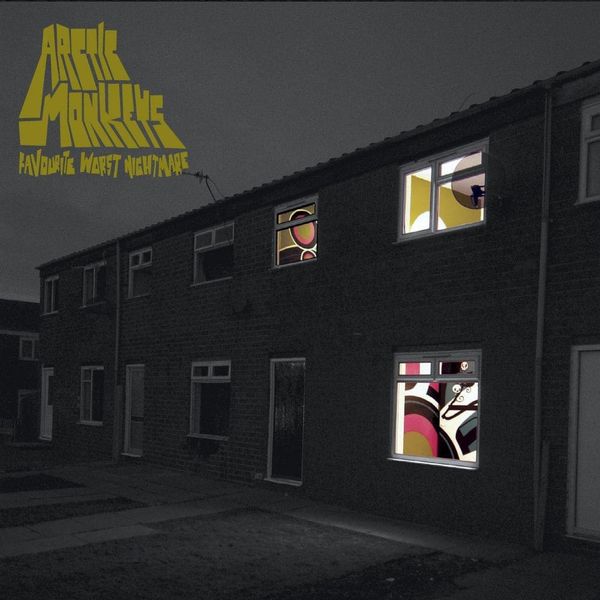White Blood Cells
The White Stripes
André
The early 2000s was a lucrative time for guitar music, but The White Stripes still managed to make themselves heard with some of the most accessible garage rock to ever break into the mainstream. The immediacy of their sound was tailor-made for radio, and the mystery around the duo’s relationship only added to the intrigue. They may not have been the biggest band around, but they were certainly one of the coolest. Their music was a valuable gateway for listeners who wouldn’t usually venture into the realms of rock’n’roll. There’s huge value in that.
Personally, I always found the music to be slightly too skeletal to embrace fully. The White Stripes evolved to great effect on Elephant, which remains their most accomplished record, but many fans hold its predecessor, White Blood Cells, as a highlight in the discography. Whilst I always enjoy my time with it, I can’t help but bemoan its lack of staying power. Jack plays trashy guitar chords whilst singing similar stories of love (or lack thereof), and Meg bashes the drums with great force. The duo have undeniable charm, but there’s only so many times you can listen to the formula without feeling fatigued, if only slightly.
The White Stripes are well known for sparse arrangements, but the songs on White Blood Cells feel strangely empty, even in comparison to previous material. Their 1999 debut album sets the tone with opening track “Jimmy the Exploder”, a blues-punk stomper that doesn’t just get the feet tapping, but also the hips swaying. Whilst White Blood Cells does share that same primal instinct, it lacks the infectious sense of fun and joy. The album is curiously hollow in places, with a small selection of songs that feel unfulfilled.
Consequently, my favourite tracks are those that are more eccentric and choose to steer away from the formula altogether. There are enough of those to keep White Blood Cells engaging until the end. There is a nice balance between the offbeat songs, such as “I Think I Smell a Rat” and “ The Union Forever”, and the rockabilly punk cuts like “Fell In Love With a Girl”. There’s not a whole lot left to say given the amusement is so surface level. Which is fine, by the way. White Blood Cells is a good album, but far from their best, and not remotely on the same level as some of the milestones of that era.
Favourite tracks //
- I Think I Smell a Rat
- The Union Forever
- I Can’t Wait
Fred
It’s weird to think The White Stripes made albums. I’ve always associated them with individual songs (and a dapper colour scheme) rather than big, cohesive Statements. White Blood Cells does nothing to challenge those expectations. The record listens like rock music’s answer to an ice-cold six-pack of decentish lager. What goes on is unrefined, but that only adds to the pleasure of a cheap and cheerful good time.
Cramming 16 songs into a 40-minute runtime, Jack and Meg White sound nothing if not uninhibited. It’s an old-school feel. Here are some songs, like them or don’t. It’s not standoffish; they’re just doing their thing. Sometimes - like in the delightfully trip-hop-tinged “The Union Forever” - their thing works well. Other times you can’t help but wish they’d moved past the ‘let’s try this’ stage of composition. For all their garage rock charm, the album’s songs often deserve to sound more fully formed than they do.
But that’s the White Stripes isn’t it. They blow hot and cold in red, white, and black, making music because that’s what has to be done. I guess mess is the price you pay for the buzz. If that means passing out surrounded by beer cans from time to time, so be it.
Favourite tracks //
- The Union Forever
- Offend In Every Way
- I Think I Smell a Rat
Andrew
It seems The White Stripes decided to combat the ‘difficult third album’ syndrome with the rough and readiness of a debut. White Blood Cells rattles through 16 tracks in its 40-minute playtime, and in the case of “Little Room”, which intends to present the benefits of limitation, it doesn’t even touch the minute mark.
With such a whirlwind of ideas, nothing is given time to flesh out. Simple, catchy, bluesy progressions lay the foundations for Jack White’s vocal. He’s either fiercely in love or in a deep martyrdom for a woman, a striking chorus whips along through and you’re on to the next cut. These simple elements can make for a cracking listen, but it ultimately makes for less impactful music. A lot of tracks just get lost in the shuffle.
The most interesting songs here are also those that break the trend. “I Think I Smell a Rat” has a striking opening, White’s vocal full of drama and rasp. “The Union Forever” opens with a sinister, droning instrumental and a vocal almost entirely built of lines from Citizen Kane. Even closer, “The Protector”, with its looping piano progression and more prominent backing vocals from Meg White make it instantly more notable than other tracks.
All this culminates in a shallow experience, a great listen without much depth. This is a grab bag of White Stripes music that sits well in their discography, but does little to stand out among the rest of their material.
Favourite tracks //
- The Union Forever
- I Think I Smell A Rat
- Fell In Love With a Girl

